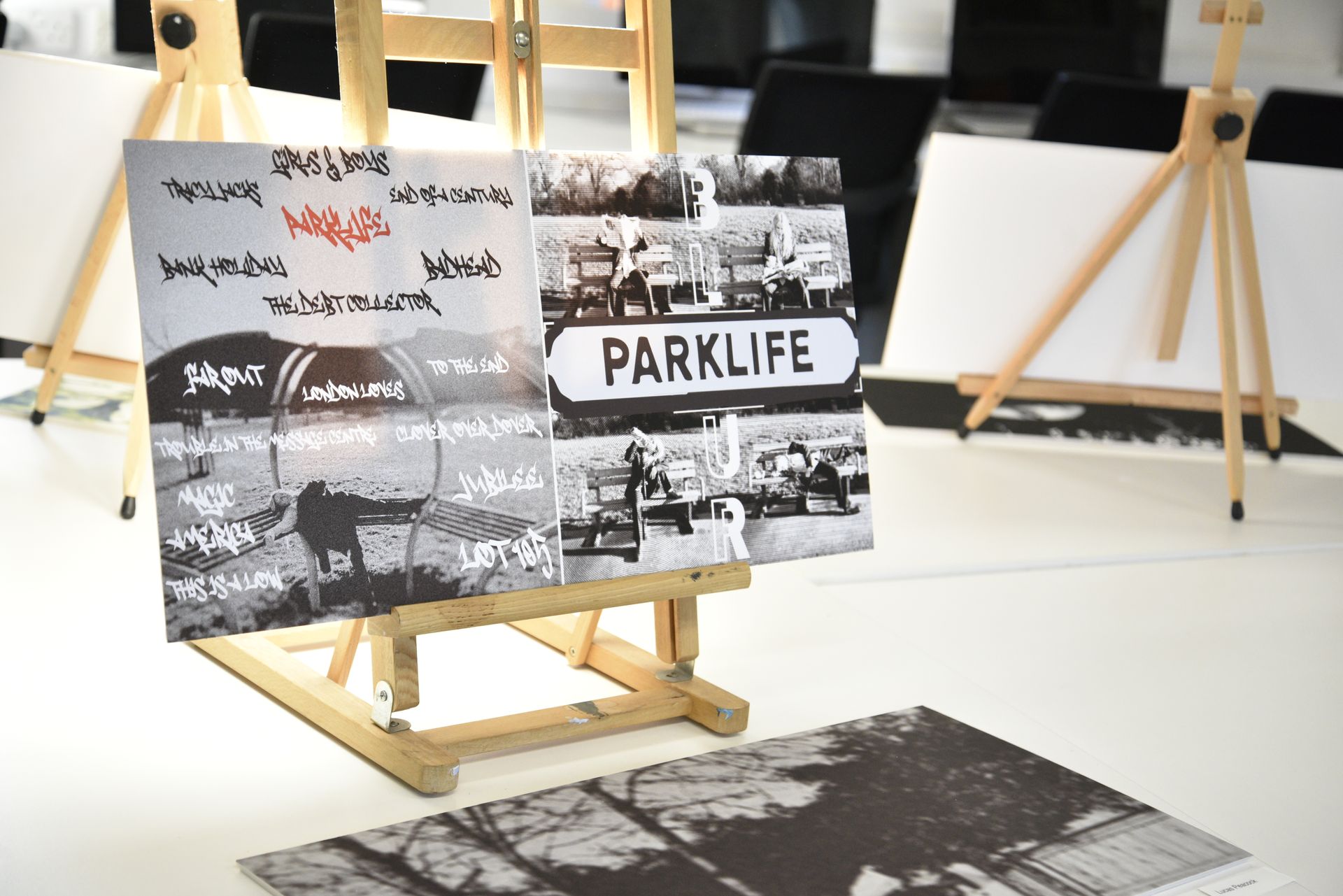Top Tips: Revision Techniques from Mrs Grant
March 31, 2025
Mrs Grant, Assistant Head (Pupil Progress), offers some top tips for revision based on her own experiences!
Two years ago I sat an English A-level – my first exams in sixteen years! It was time to put into practice all the advice I confidently give out to pupils every year. So how did I approach the revision?
I certainly embarked on ‘proper revision’ too late. I’d been enjoying my lessons happily and writing interesting essays (even this essay technique I began too late really), but had not attempted to commit anything to memory as I went along. English is very different to Physics, which I teach, but the bottom line is that some stuff needs memorising in any subject. So far so not good in heeding my own advice.
Once I engaged in the process properly, though, I’d say I did manage to make up for lost time a little!
I started by deciding which quotations were worth learning from the texts and from critics etc. I tried to choose a sensible number I thought it would be achievable to learn, and which spoke to the key themes of the texts. If I had started earlier, I would have been able to be more ambitious in the breadth of what I learnt.
I then grouped them by text and by theme on index cards and set about reciting them out loud repetitively every day. I would read it out loud, cover it up and try to read it without looking etc. This didn’t take too long so it meant I could try to do this every day in the couple of months leading up to the exam.
Slowly I knew just from the heading of an index card that I could recite the whole thing without looking. At that point I put these cards in a different pile – not to be neglected, but ones I knew I had cracked and just needed to keep rehearsing.
I was left, in the week before the first exam, with three or four stubborn cards which I was struggling to memorise, but this now felt more do-able. I would walk around countryside paths near where I live reciting them and this helped – walking at the same time seemed to stop me feeling fidgety at my desk and I felt less stressed too.
Interspersed with the memorising, Mr Murray (my very patient teacher) also encouraged me to keep planning essays and writing bits of them too. The difference now was that I could try to do it timed, without looking anything up. I think a big danger in English was that, having learnt key quotations, I was sub-consciously very keen to use them and show off these interesting things I had learnt by shoe-horning them into potentially totally irrelevant contexts. This continued exam practice and Mr Murray’s patient feedback helped me to have an internal voice reminding me how counter-productive that would be. I needed to plan a good essay that was relevant to the question and only then reach for things I had memorised to support my plan
All of this helped me to feel like the real exam was just this same process again that I was well rehearsed in doing. I had a good sense of how much time to spend planning an essay and knew this would make the writing time more efficient and effective. When using quotations in the real exams I could often picture the bit of my walk I was on when learning it which helped me remember it and helped me to feel calm.
In summary then:
- Consolidate as you go along.
- Be in a room with no tech – a phone that is off but in the same room is still taking up ‘cognitive load’ research has shown.
- Have a timetable that spaces different subjects and topics out instead of having whole days or just one subject or topic.
- Don’t completely neglect past questions/essay planning when memorising material – interleave these activities.
- Schedule breaks and get fresh air and exercise
- If you listen to music it should be lyric-free.









All Rights Reserved | Norwich School | Charity no. 311280






